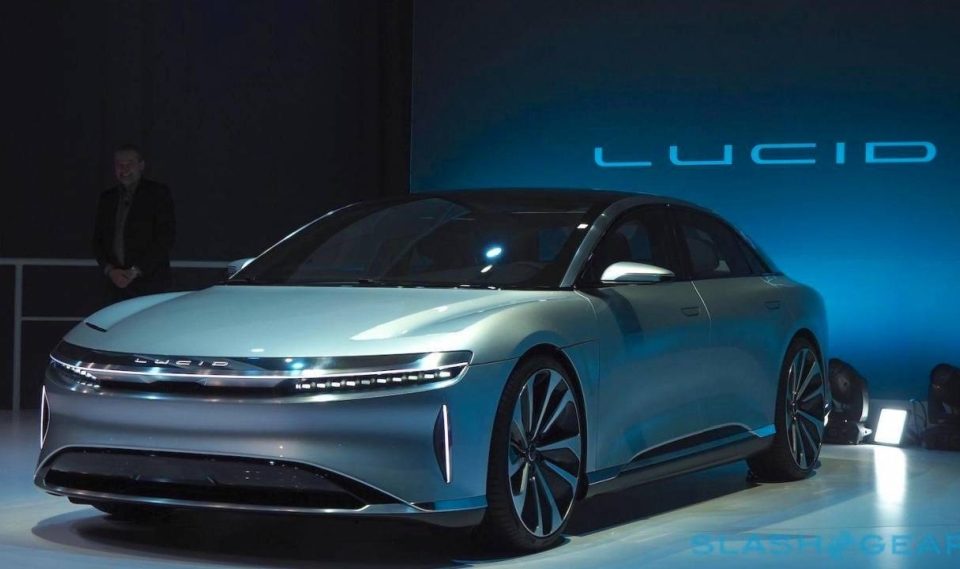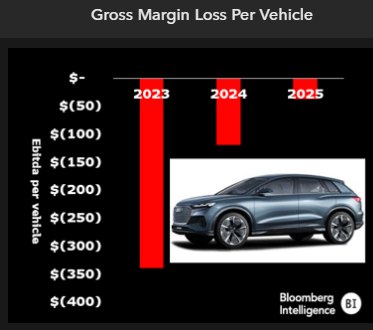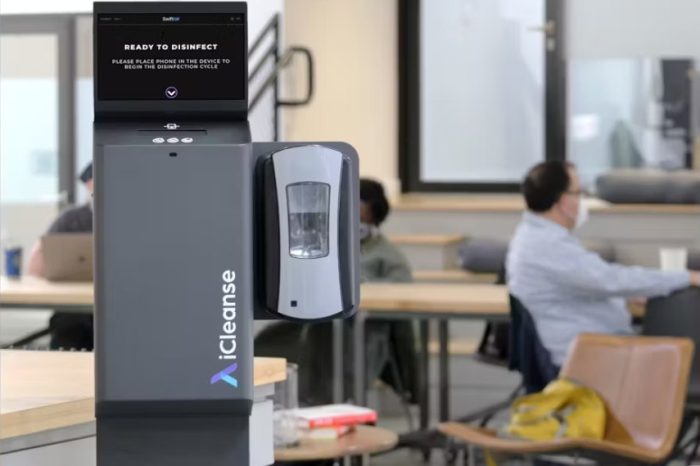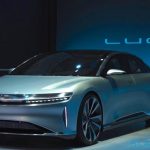Lucid loses $338,000 for every electric vehicle sold as price war with Tesla heats up

“Lucid may burn $338,000 per vehicle in EBITDA this year, an increase from $325,000 just months ago, demonstrating how its unsustainable business model requires significant scaling and additional funding — likely before 2025.”
Luxury EV maker Lucid is in big trouble and it’s facing significant challenges as it grapples with an unsustainable business model that necessitates substantial scaling and additional funding.
According to a recent report from Bloomberg Intelligence, Lucid is currently experiencing a staggering loss of $338,000 for each of its cars. This revelation has sparked alarm as Lucid’s shares reached all-time lows in New York, accentuating concerns over persistent demand issues for its Air electric luxury sedan.

Unfortunately, the bleak outlook doesn’t stop there. Bloomberg also reported that the average sales estimate for the year has dwindled by half over the past six months. The company’s stock, after hitting a record low, has declined by nearly 25% this year as of Thursday’s close, a stark contrast to the 1% dip experienced by its pickup truck-manufacturing counterpart, Rivian Automotive Inc., during the same period.
“Lucid may burn $338,000 per vehicle in EBITDA this year, an increase from $325,000 just months ago, demonstrating how its unsustainable business model requires significant scaling and additional funding — likely before 2025,” Bloomberg wrote.
The issues plaguing the beleaguered EV maker didn’t suddenly surface this year; there’ve been persistent concerns since the beginning of 2022. In March, Lucid Group made headlines after it announced a substantial reduction in its workforce which affected approximately 1,300 employees or roughly 18% of its total workforce.
The layoff was part of a broader restructuring plan aimed at cost-cutting. The news unfolded just a month after the company’s 2023 production target failed to meet analysts’ expectations. Lucid, known for its Air luxury sedan, also reported a significant decline in orders during the fourth quarter of the previous year.
Then in May of this year, the EV-focused blog Electrek quoted remarks made by Tesla owner Elon Musk, who predicted that some EV companies would go bankrupt within 12 months:
“It’s going to be a challenging 12 months. I want to be realistic about this. Tesla is not immune to the global economic environment. The macroeconomics levels are going to be difficult for the next 12 months,” Electrek wrote, citing Musk’s statement at Tesla’s annual shareholder’s meeting.
While Lucid can certainly compete with more established brands like Tesla, Mercedes, and Porsche, a pivotal question lingers: will its largest shareholder, the Kingdom of Saudi Arabia, continue to provide funding to the beleaguered EV manufacturer amid a price war instigated by Elon Musk earlier this year?
Furthermore, it’s anticipated that Lucid will continue to incur losses until 2025, intensifying the pressure on its liquidity and access to capital. This serves as a cautionary signal that any economic downturn could expedite the decline of this financially strained company.
Based in California, Lucid was founded in 2007 by founded by Andrew Burns and Sam Weng. The company started under the name Atieva. Its initial focus was on creating electric vehicle batteries and powertrains for other automakers. Much like Tesla during its early years, Lucid Motors embarked on a mission to design a car that would redefine the human driving experience, pushing boundaries in terms of space, performance, and intelligence.
The Lucid team comprised individuals with prior experience at renowned car manufacturers like Tesla and Mazda, including key figures such as Peter Rawlinson, the former VP of Engineering at Tesla, and Derek Jenkins, who previously held the position of Head of Design at Mazda North America Operations. The company secured backing from investors such as Tsing Capital, Mitsui, Venrock, JAFCO, and more. In October 2016, Lucid Motors underwent a rebranding, announcing its commitment to developing a high-performance luxury electric vehicle.
Peter Rawlinson initially joined Lucid in 2013 as the chief technology officer and later assumed the role of CEO in April 2019. Rawlinson expressed his belief in the EV startup’s potential for long-term growth, envisioning a future where Lucid’s stock and market capitalization could rival traditional automakers and be valued on par with Tesla, led by Elon Musk.

